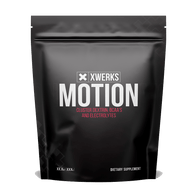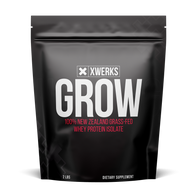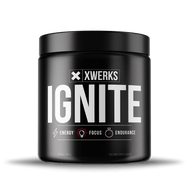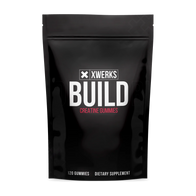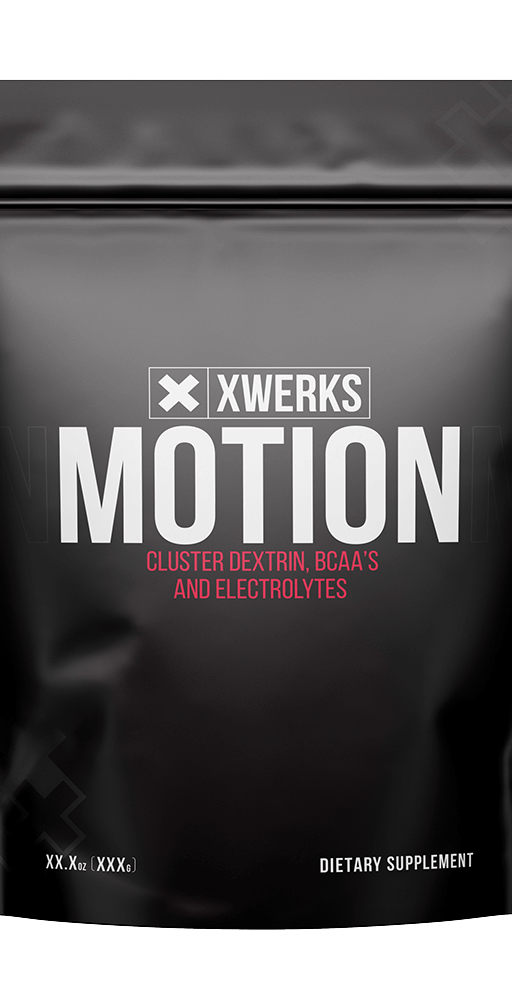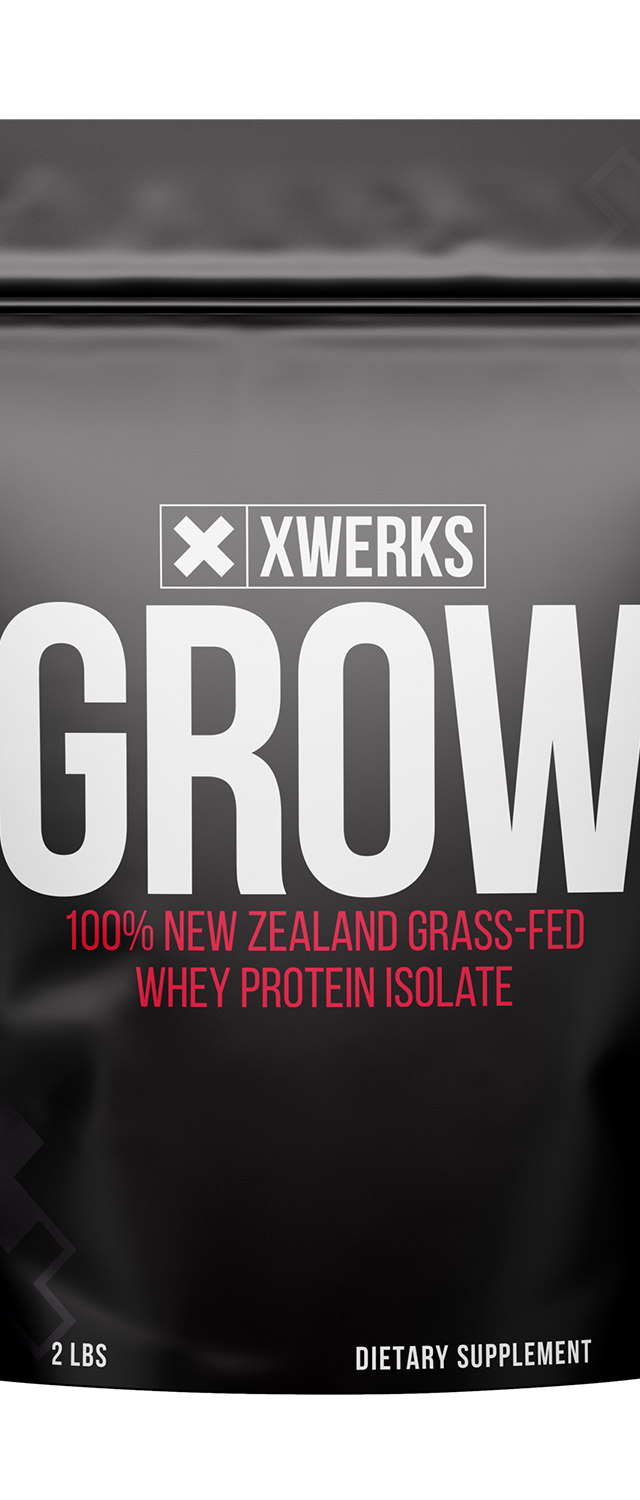Grass-fed whey protein isolate represents a pinnacle in the dietary supplement industry for those seeking optimal health, environmental sustainability, and animal welfare.
This high-quality protein source is derived from cows that graze on natural grass pastures, rather than being fed a diet of grains and other additives. The distinction between grass-fed and conventional whey protein isolates is significant, offering a myriad of benefits ranging from improved nutritional content to environmental sustainability.
In this article, we will explore the multifaceted benefits of grass-fed whey protein isolate, providing a comprehensive understanding of why it stands out as a superior choice for health-conscious individuals.
High Protein Quality and Efficiency
Whey protein isolate boasts a high protein quality, characterized by its complete amino acid profile. It contains all nine essential amino acids necessary for the human body to function correctly, which are not synthesized internally and must be obtained through diet. This makes WPI an excellent source of nutrition for muscle repair, growth, and maintenance. Furthermore, whey protein is rich in branched-chain amino acids (BCAAs), especially leucine, which plays a pivotal role in stimulating muscle protein synthesis. The efficiency of whey protein in promoting muscle recovery and growth makes it a staple supplement for athletes, bodybuilders, and fitness enthusiasts.
Low in Fat and Lactose
Whey protein isolate undergoes a process that removes most of the fat and lactose, making it an ideal protein source for individuals with lactose intolerance or those following a low-fat diet. This purification process ensures that WPI provides a concentrated protein source with minimal additional calories from fats, supporting lean muscle mass development without unwanted weight gain. For those monitoring their calorie intake closely or aiming for a leaner physique, whey protein isolate offers a clean, efficient protein source.
Supports Weight Management
Incorporating whey protein isolate into one's diet can also support weight management efforts. Protein is known for its satiating effect, helping individuals feel fuller for longer periods and reducing overall calorie intake. The consumption of whey protein has been associated with decreased levels of ghrelin, a hormone that stimulates appetite, further aiding in weight management. By promoting a feeling of fullness and reducing hunger, whey protein isolate can be a valuable tool in the arsenal of anyone looking to lose weight or prevent unwanted weight gain.
Enhances Immune System Function
Whey protein isolate is not only beneficial for muscle and weight management but also supports immune system function. It contains lactoferrin, immunoglobulins, and glycomacropeptides, which have immunomodulatory properties. These components can help bolster the immune system, making the body more resistant to illnesses and infections. Regular consumption of WPI may contribute to overall health and well-being by supporting the body's natural defense mechanisms.
Versatility and Convenience
Whey protein isolate is incredibly versatile and can be easily incorporated into a variety of diets and lifestyles. It is readily soluble, making it easy to mix with water, milk, or any other beverage of choice. Additionally, WPI can be added to smoothies, oatmeal, and baking recipes to increase protein content without significantly altering the taste or texture of the food. Its convenience and ease of use make whey protein isolate an appealing option for busy individuals looking to maintain a high-protein diet.
Nutritional Superiority
Rich in Important Vitamins and Antioxidants
Grass-fed whey protein isolate is not only about what it has more of but also about the quality of what it contains. It tends to have higher levels of certain vitamins, particularly Vitamin A and Vitamin E, both known for their antioxidant properties. Antioxidants are vital for combating oxidative stress and reducing the risk of chronic diseases. Additionally, Vitamin A plays a crucial role in maintaining healthy vision, immune function, and skin health, while Vitamin E contributes to skin health and may help prevent coronary heart disease.
Environmental Benefits
Promotes Sustainable Farming Practices
The production of grass-fed whey protein isolate encourages sustainable farming practices that benefit the environment. Grass-fed cows graze on pasture, which helps maintain the health of the grassland ecosystems. This method of farming contributes to the sequestration of carbon from the atmosphere, mitigating the impact of greenhouse gas emissions. In contrast, conventional dairy farming, which often relies on feedlots and grain-based feeds, can contribute to deforestation, soil degradation, and increased greenhouse gas emissions.
Reduces Dependency on Grain and Feed
Grass-fed dairy farming reduces the reliance on cultivated grains and feed, which often require significant amounts of water, fertilizers, and pesticides. By allowing cows to graze on grass, farmers can utilize natural grasslands more efficiently, reducing the need for additional resources and energy inputs associated with grain production. This not only lessens the environmental impact but also supports a more ecologically balanced approach to dairy farming.
Animal Welfare and Ethical Considerations
Grass-fed whey protein isolate production is inherently linked to higher standards of animal welfare. Cows that are allowed to graze freely on pasture experience less stress and have more space to move, leading to healthier and happier animals. This contrasts sharply with the conditions often found in feedlots, where cows are confined in crowded spaces and fed diets that can lead to health issues. By choosing grass-fed whey protein, consumers can support farming practices that prioritize the well-being of animals.
Conclusion
Grass-fed whey protein isolate offers a superior nutritional profile, environmental sustainability, and ethical farming practices, making it an exceptional choice for health-conscious individuals. Its enhanced levels of omega-3 fatty acids, CLA, and essential vitamins contribute to overall health and well-being. Moreover, by supporting grass-fed dairy farming, consumers can contribute to more sustainable agricultural practices and higher animal welfare standards. As awareness and demand for healthier, more sustainable, and ethically produced food products grow, grass-fed whey protein isolate stands out as a beacon of quality and responsibility in the dietary supplement industry. Whether you're an athlete, fitness enthusiast, or someone simply looking to improve your diet, incorporating grass-fed whey protein isolate can be a beneficial step towards achieving your health and wellness goals.











